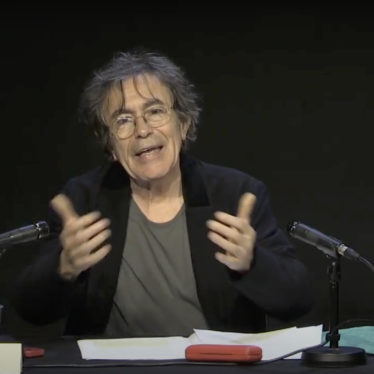Common is a double-sided term: As the philosopher and sinologue François Jullien argues, it is both inclusive and exclusive. It can both open and close, oppose its own and identify with it. It is opposed to the universal because it is not enacted as a necessary law, upstream of any experience, but on the contrary is rooted in the experience where it is deepened and enriched. As a political concept, the common is built on chosen or given relations of belonging, and these same relations can be invested at any moment in a new common.
To promote a commonality that is not a commonality of uniform, stereotype or standard, but a commonality that is a commonality produced through gaps, explored, exploited: a commonality of the intelligible.
